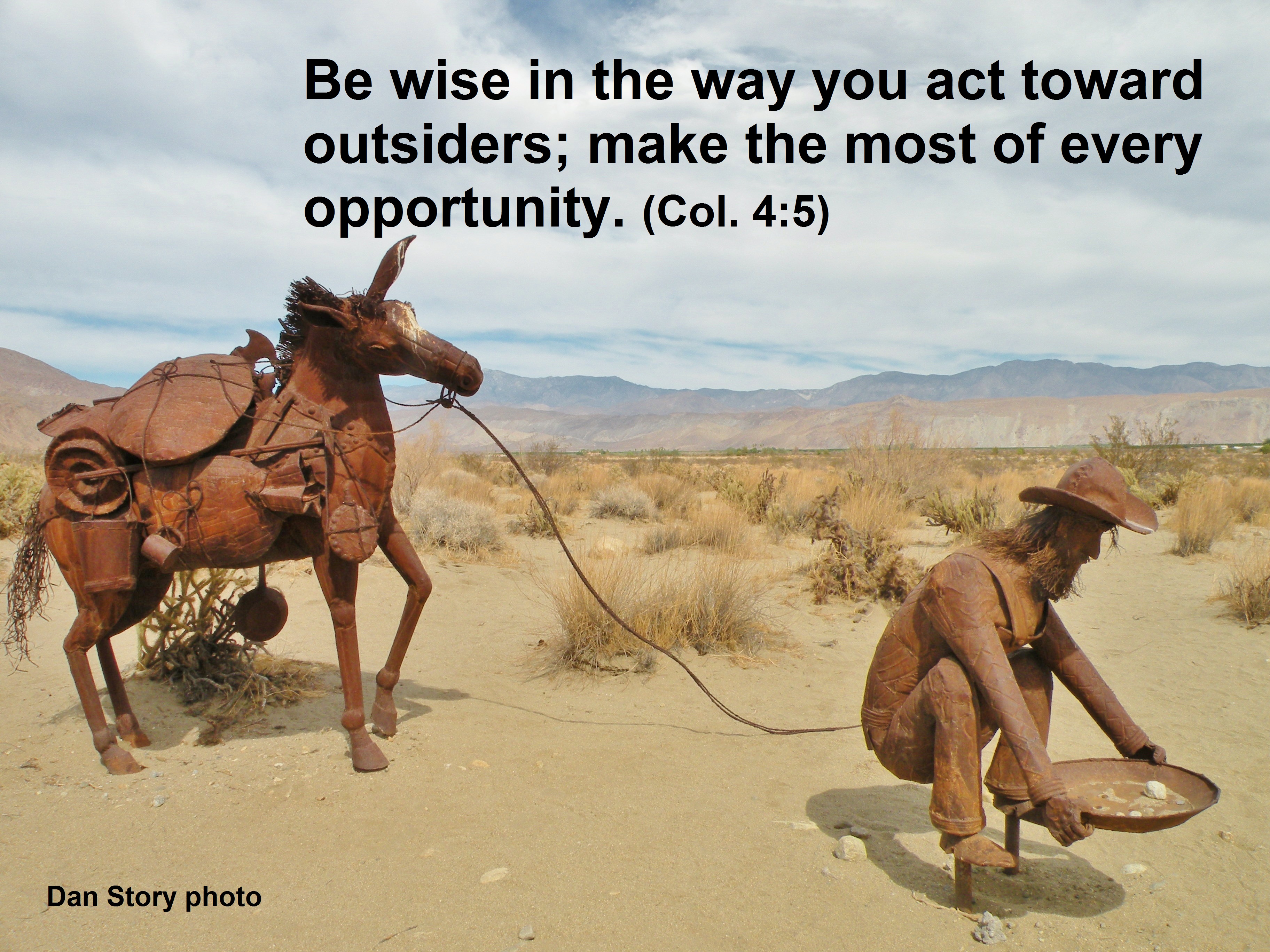
QUESTIONS THAT CHALLENGE SKEPTICS TO JUSTIFY THEIR ASSUMPTIONS ABOUT CHRISTIANITY
The Christian worldview comes under attack most frequently in five areas: Truth and reliability of the Bible, rejection of creation in favor of naturalistic evolution (the topic in my previous blog series), rejection of God’s existence (atheism), deity of Jesus Christ, and our rejection of moral relativism/religious pluralism.
When challenged in these areas, I suggested in last week’s blog post that we initiate our response by putting the burden of proof on the skeptics; that is, challenge them to demonstrate why they believe the Christian view is false and their views correct. We can do this by asking “generic” questions such as:
1. What do you mean by that?
This question forces skeptics to clarify and elaborate on their views. If they are merely parroting something they heard through popular culture (secular colleges, television documentaries, the entertainment industry, etc.), it quickly becomes obvious because they won’t be able to explain what they mean.
2. How do you know that’s true?
When skeptics give an opinion they believe refutes the Christian view, we can challenge them to give proof or evidence for their assumptions. Often they have no evidence and their opinions are only hearsay
3. Why should I believe that?
Encourage skeptics to give the same kinds of evidence to support their views they expect us to provide for ours. We want them to realize if they can’t offer compelling evidence, why we should believe what they say?
4. Where did you learn that?
Challenge the skeptic’s source of information. Is it reliable or merely hearsay or personal opinion? This can do two things: First, it can help them to see if they are merely echoing what they heard from an unreliable source. Second, it reveals they believe misinformed assumptions about Christianity.
5. What is your solution to. . . ?
The idea here is to encourage non-Christians to recognize that apart from God their worldviews can’t solve the great problems of life, which all people face. For example, why is there so much evil and suffering in the world?
6. What difference does It make?
How do the beliefs of non-Christians affect the Christian worldview? Do they really invalidate Christianity?
7. If . . . is true, can you explain. . . .?
This last category of questions is designed to raise issues the skeptic’s position or worldview assumptions cannot explain. Such as the origin of evil or scientific evidence that refutes naturalistic evolution. (c)
COMING UP: In the following two or three blog posts, I’ll give examples of the kinds of questions we can ask relative to each of the seven categories listed above.
REMINDER: The Christian position on the topics in this series can be read in detail in my revised and expanded edition of Defending Your Faith; Reliable Answers for a New Generation of Seekers and Skeptics (Kregel Publications, 2019). I provide a short introduction on my homepage (click on “home” above), or go to my book page on Amazon and click on “Look Inside” for more information.